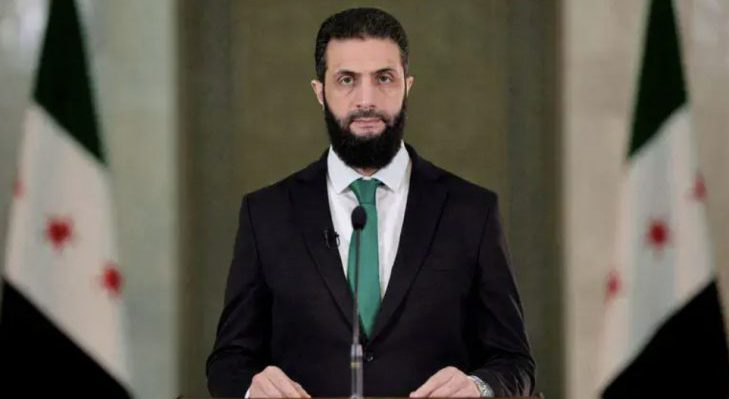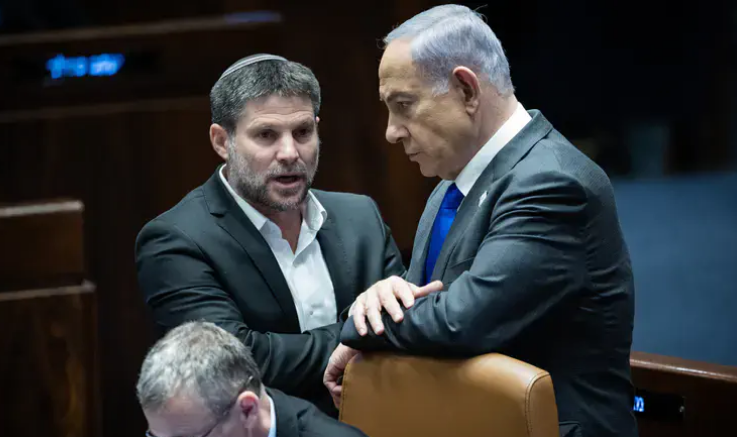In a groundbreaking diplomatic shift, Syrian President Ahmed al-Sharaa will travel to Washington — the first such visit ever — amid quiet U.S.-brokered talks with Israel on regional security and counter-terrorism.
A Historic Journey to Washington
For the first time in history, a Syrian head of state is expected to set foot in Washington, D.C..
According to U.S. Special Envoy to Syria Tom Barrack, President Ahmed al-Sharaa will visit the American capital “around November 10”, marking an unprecedented thaw in relations between the two countries after decades of hostility.
The visit — confirmed by Reuters — comes as Washington seeks to draw Damascus into a broader coalition against the Islamic State (ISIS) and other Iranian-backed militant groups destabilizing the region.
Speaking at the Manama Dialogue in Bahrain, Barrack noted:
“We are trying to get everybody to be a partner in this alliance. It’s huge for them — and huge for us.”
⚔ From Terror Commander to Would-Be Peacemaker
Al-Sharaa, who assumed power following Bashar al-Assad’s fall last December, has sought to rebuild Syria’s international legitimacy. Once aligned with jihadist factions during the country’s civil war, he broke away from Al-Qaeda’s Syrian branch over a decade ago and later fought against ISIS.
His outreach — including an address to the UN General Assembly in New York in September, where he met President Donald Trump — represents a calculated move to reposition Damascus as a pragmatic regional actor.
🇺🇸 Trump Administration’s Quiet Diplomacy
The Trump administration has been quietly mediating U.S.-backed de-escalation talks between Israel and Syria, aiming to prevent further Iranian militarization in southern Syria and end the cycle of Israeli precision airstrikes on weapons convoys and militia bases.
Sources confirm that the U.S.-led initiative seeks a limited security arrangement, not full normalization.
“There’s still more work to do,” Barrack clarified, “but progress is being made.”
A senior Syrian official told reporters in Damascus that a “security pact could be achieved in the coming days.” Al-Sharaa hinted that if successful, it could open the door to “additional agreements” — though he stressed that a peace treaty or normalization with Israel is not yet on the table.
🕊 Regional Impact: A New Strategic Equation
The potential Israel-Syria security understanding, if finalized, would mark the most dramatic U.S.-brokered advance since the Abraham Accords.
For Israel, such an arrangement could stabilize its northern frontier, limit Iranian entrenchment, and open discreet lines of communication with Damascus — all without formal diplomatic recognition.
For Washington, bringing Damascus into the anti-ISIS coalition would symbolize a post-Assad realignment that isolates Iran and consolidates U.S. influence from the Mediterranean to the Gulf.
🇮🇱 Israel Watches Cautiously but Pragmatically
Israeli defense sources privately acknowledge that while Jerusalem remains skeptical of Damascus, the new Syrian government’s break with Tehran and open engagement with Trump’s envoys could serve Israel’s long-term security interests.
A senior Israeli official told Israel National News:
“If the U.S. can enforce limits on Iranian activity and secure our borders through quiet diplomacy, we’ll consider that a strategic win.”
📜 Conclusion: From Isolation to Engagement
President Ahmed al-Sharaa’s upcoming visit to Washington underscores a tectonic diplomatic shift in the Middle East — one engineered by American pressure, Israeli deterrence, and a Syrian regime seeking survival through reinvention.
Whether this visit becomes the start of a new pragmatic chapter or another fleeting overture will depend on whether Damascus truly breaks free from Iran’s grip — and whether Jerusalem and Washington believe it.





